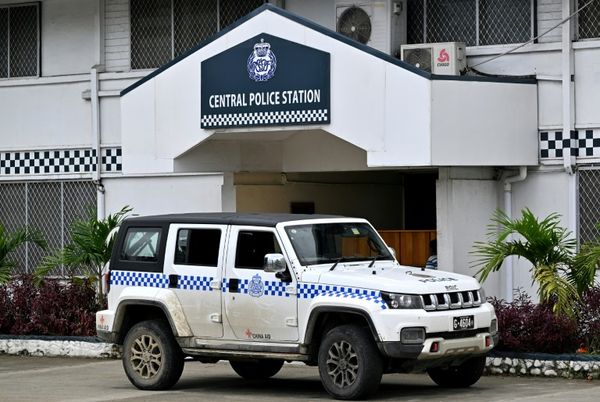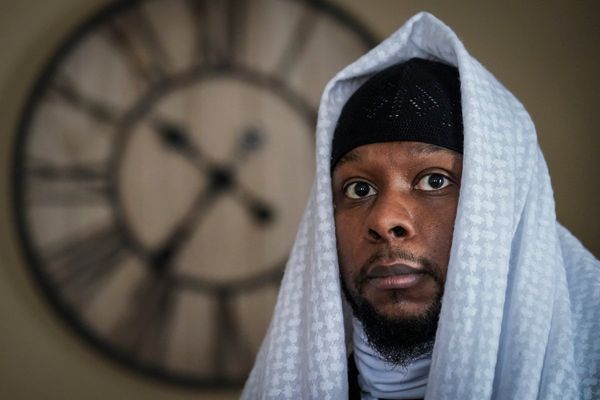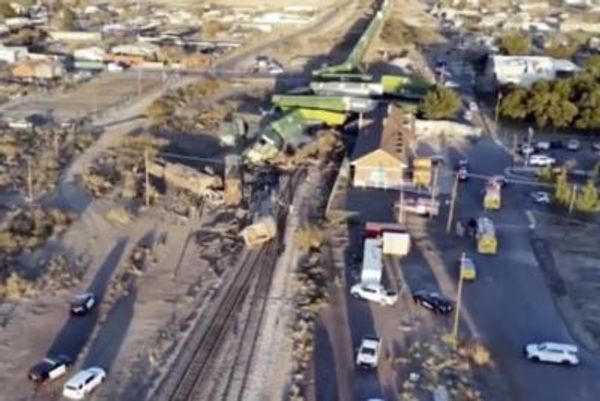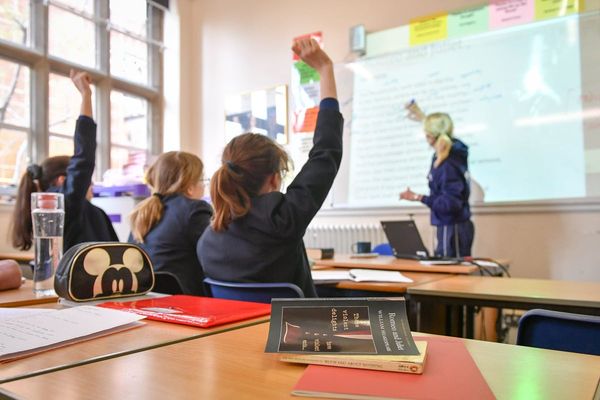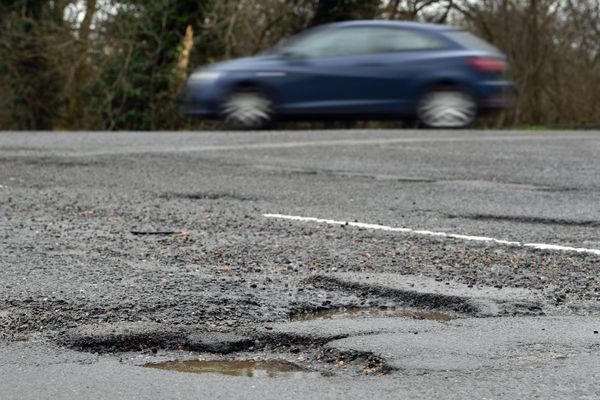
The Hague (AFP) - The global chemical weapons watchdog blamed Syria on Friday for a 2018 chlorine attack that killed 43 people, in a long-awaited report on a case that sparked tensions between Damascus and the West.
Investigators said there were "reasonable grounds to believe" that at least one Syrian air force helicopter had dropped two cylinders of the toxic gas on the rebel-held town of Douma during Syria's civil war.
"The world now knows the facts," Organisation for the Prohibition of Chemical Weapons (OPCW) chief Fernando Arias said in a statement."It is up to the international community to take action."
Damascus and its ally Moscow claimed the April 7, 2018 attack was staged by rescue workers at the behest of the United States, which afterwards launched air strikes on Syria along with Britain and France.
The Douma case also caused controversy after leaks from two former employees accused the Hague-based watchdog of altering its original findings to make them sound more convincing.
But the OPCW said its investigators had "considered a range of possible scenarios" and concluded that "the Syrian Arab Air Forces are the perpetrators of this attack."
Western powers together called on Syria to be held accountable over the "horrific" attack.
"We call on the Russian Federation to stop shielding Syria from accountability for its use of chemical weapons," said a joint statement by US Secretary of State Antony Blinken and his counterparts from Britain, France and Germany.
"No amount of disinformation from the Kremlin can hide its hand in abetting the Assad regime."
'Toxic gas'
The watchdog said an "elite" Syrian unit known as the Tiger Force had launched the attack during a military offensive to reclaim Douma, and that Islamist rebels had agreed to withdraw the day afterwards.
It said that "at least one Mi-8/17 helicopter of the Syrian Arab Air Force, departing from Dumayr airbase and operating under the control of the Tiger Forces, dropped two yellow cylinders".
The cylinders hit two residential buildings, it said.
The first "ruptured and rapidly released toxic gas, chlorine, in very high concentrations, which rapidly dispersed within the building, killing 43 named individuals and affecting dozens more," said the report.
The second cylinder smashed into an apartment and slowly released some chlorine "mildly affecting those who first arrived at the scene".
Investigators had examined 70 environmental and biomedical samples, 66 witness statements, and other data including forensic analysis, satellite images, gas dispersion modelling, and trajectory simulations, it said.
"There are reasonable grounds to believe that the Syrian Arab Air Forces were the perpetrators of the chemical weapons attack...in Douma," it said.
It said "reasonable grounds' was the standard of proof used by international inquiries and fact-finding bodies.
Foaming at the mouth
Emergency workers said at the time that they had treated people suffering breathing problems, foaming at the mouth and other symptoms.
An OPCW inspection soon afterwards determined that chlorine was used, but the watchdog had no remit at the time to identify perpetrators.
But member states agreed later in 2018 to change the rules -- despite opposition from Syria and Russia -- and it is now able to point the finger of blame.
The organisation also dismissed claims that rebels and emergency workers had staged the attack by bringing in dead bodies and fake chlorine cylinders.
Its team "thoroughly pursued lines of inquiry and scenarios suggested by Syrian authorities and other state parties, but was unable to obtain any concrete information supporting them."
Russia operated from the same airbase at the time of the attack and worked in "special proximity" with the Tiger unit, but the OPCW had no information that any countries other than Syria were involved, it said.
Damascus denies the use of chemical weapons and insists it has handed over its stockpiles under a 2013 agreement, prompted by a suspected sarin gas attack that killed 1,400 in the Damascus suburb of Ghouta.
Syria's voting rights at the OPCW were suspended in 2021 over its refusal to cooperate after being blamed for more chemical attacks.
